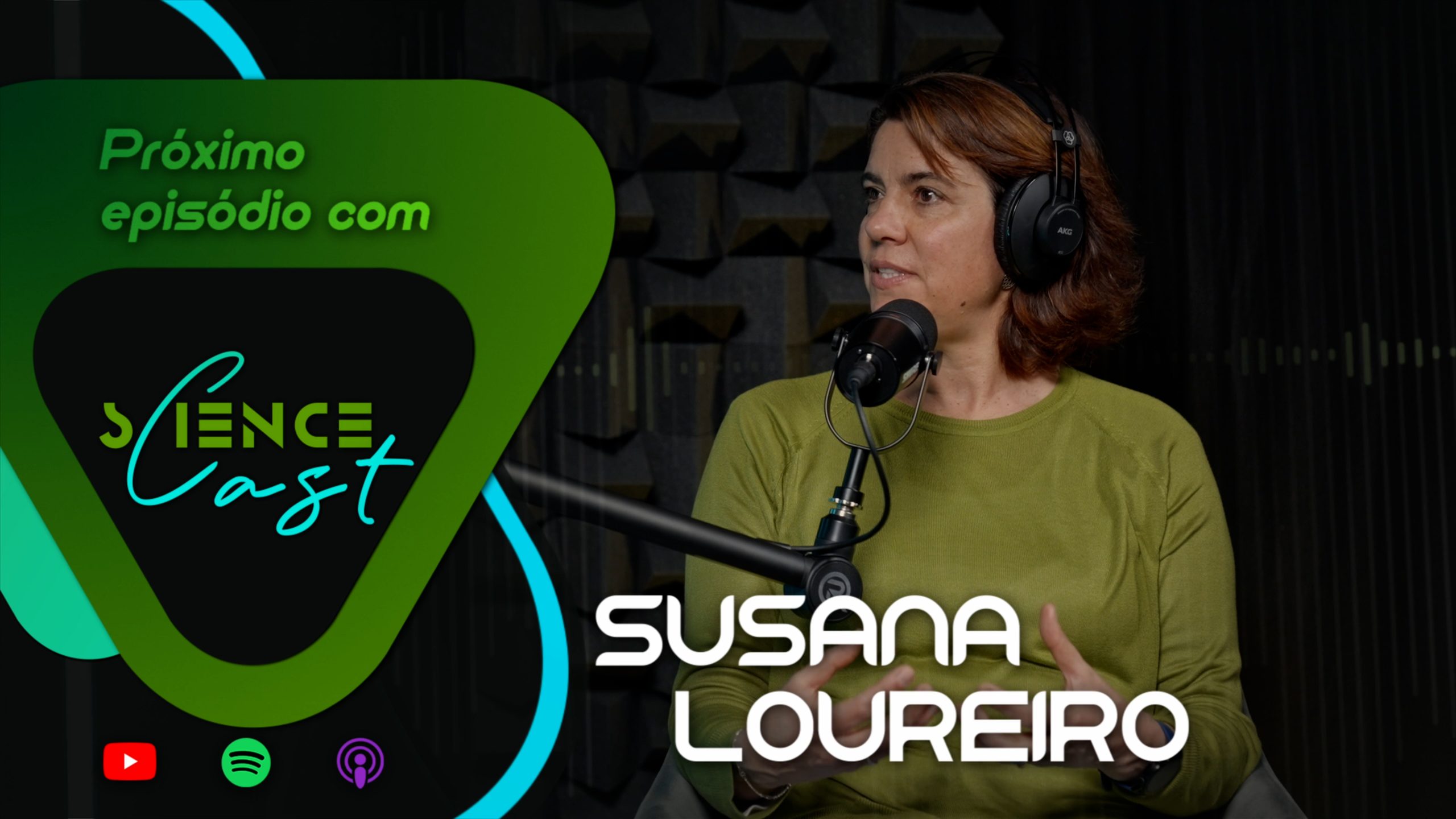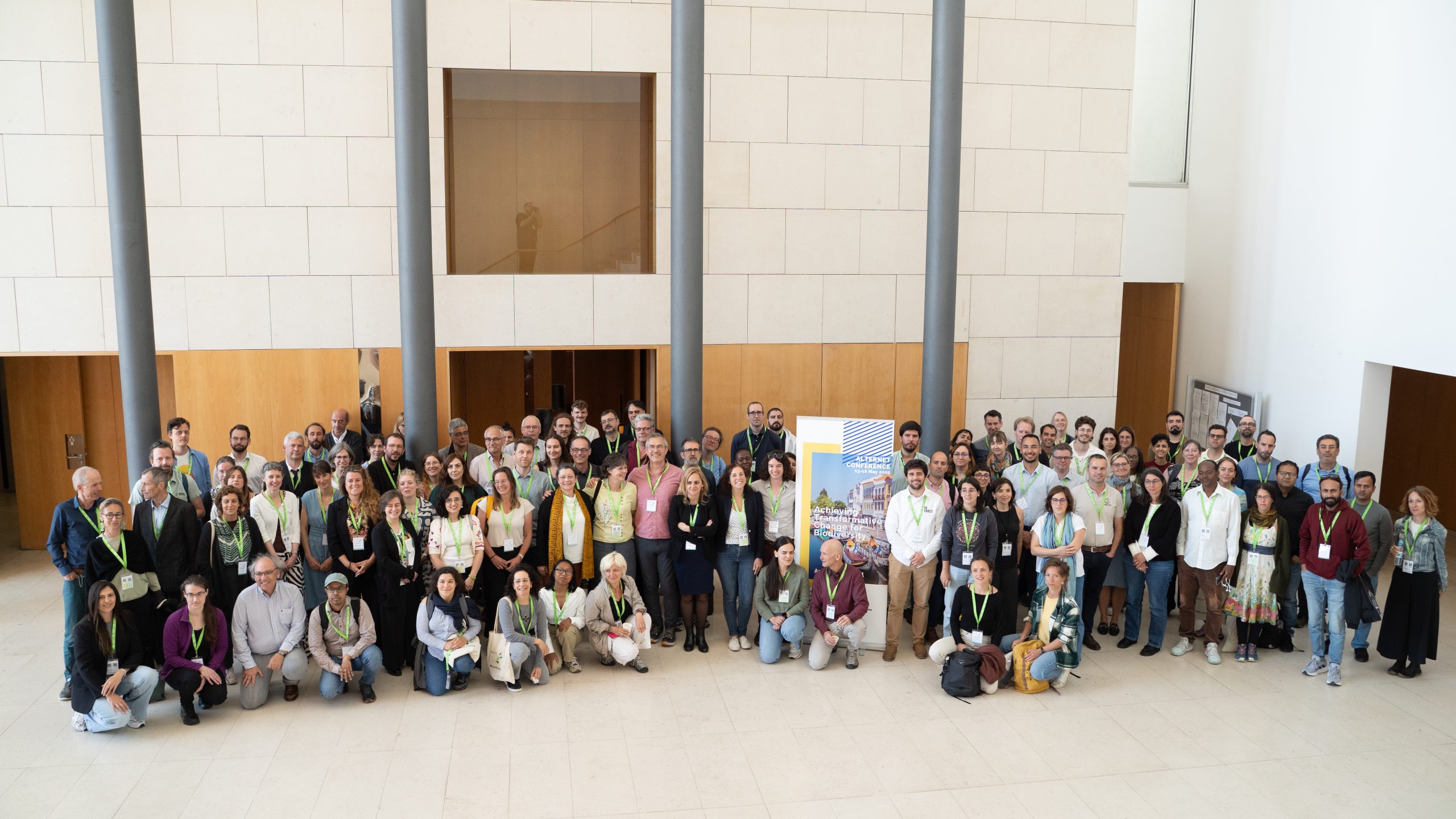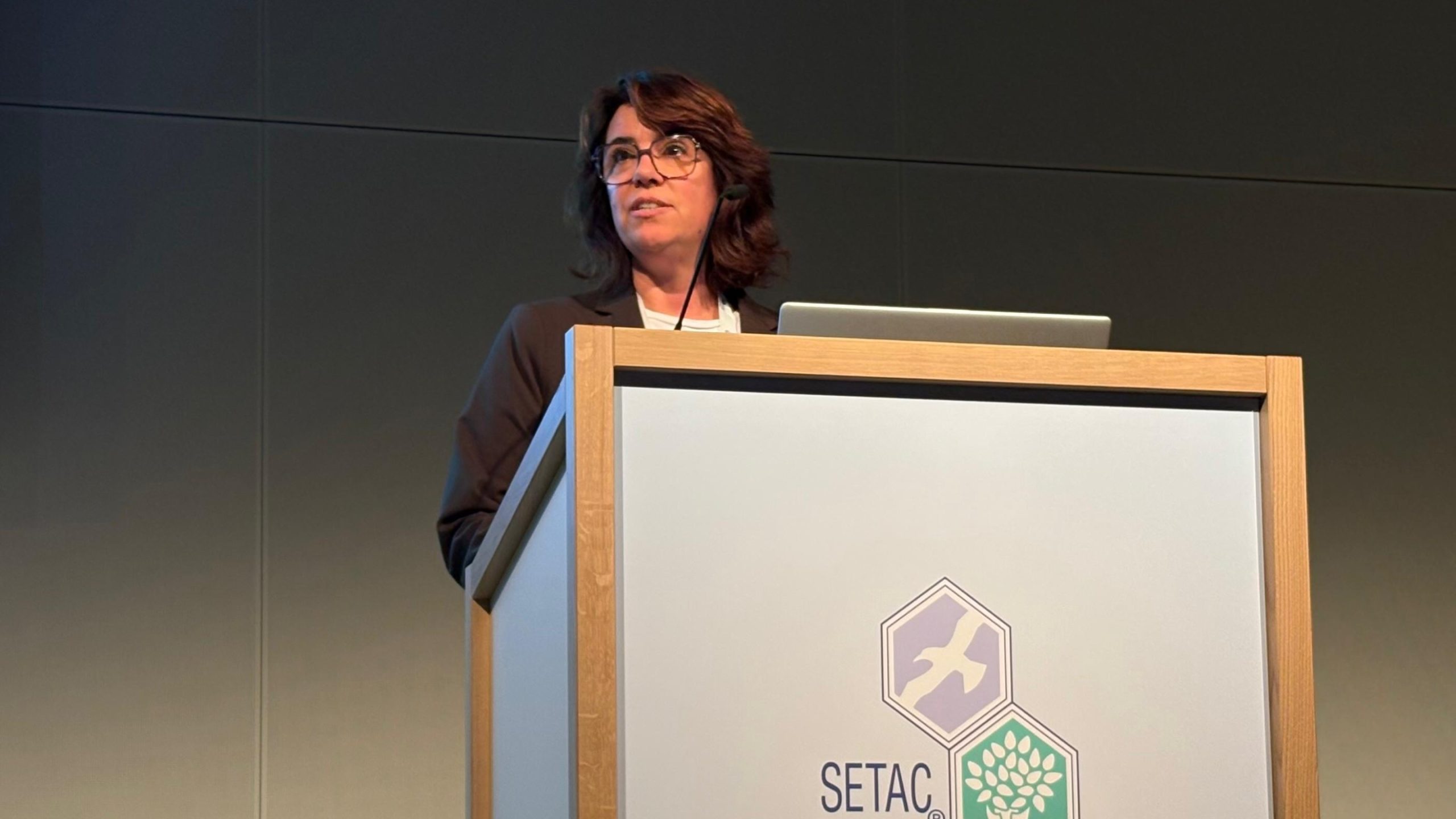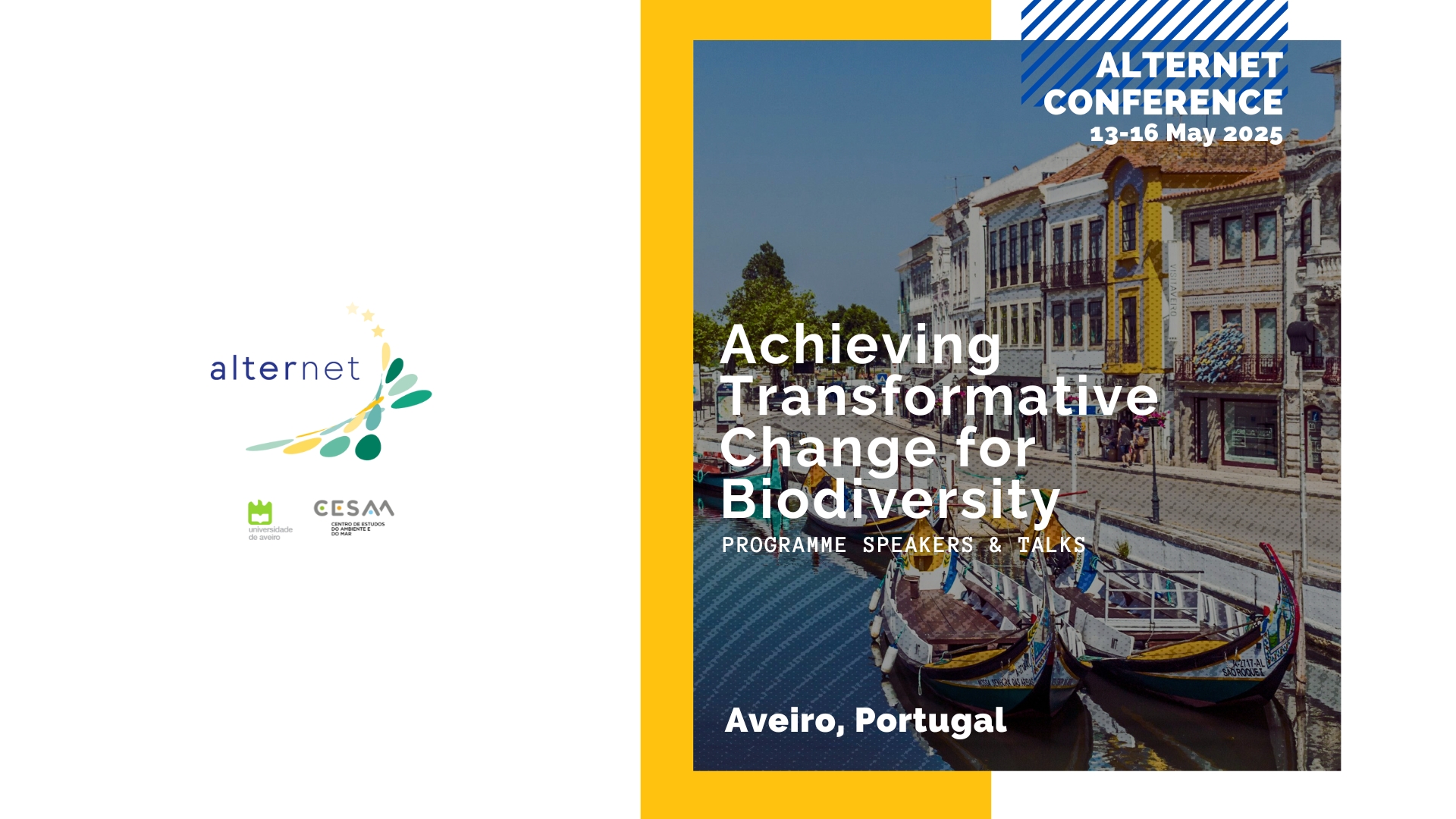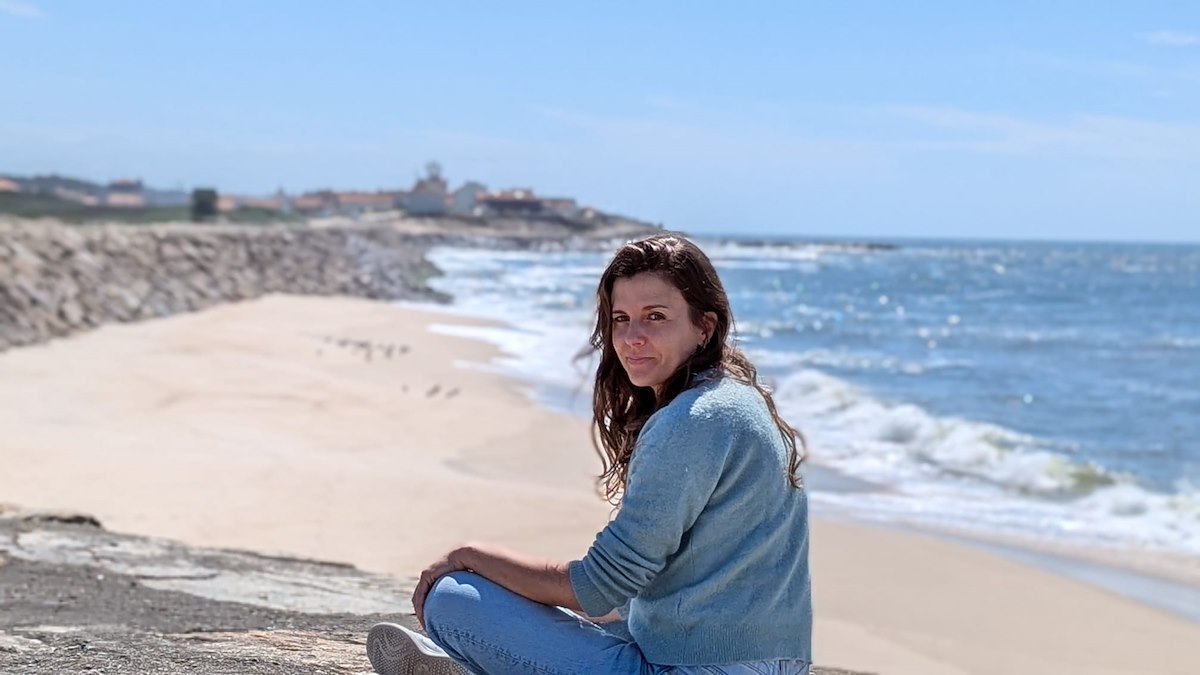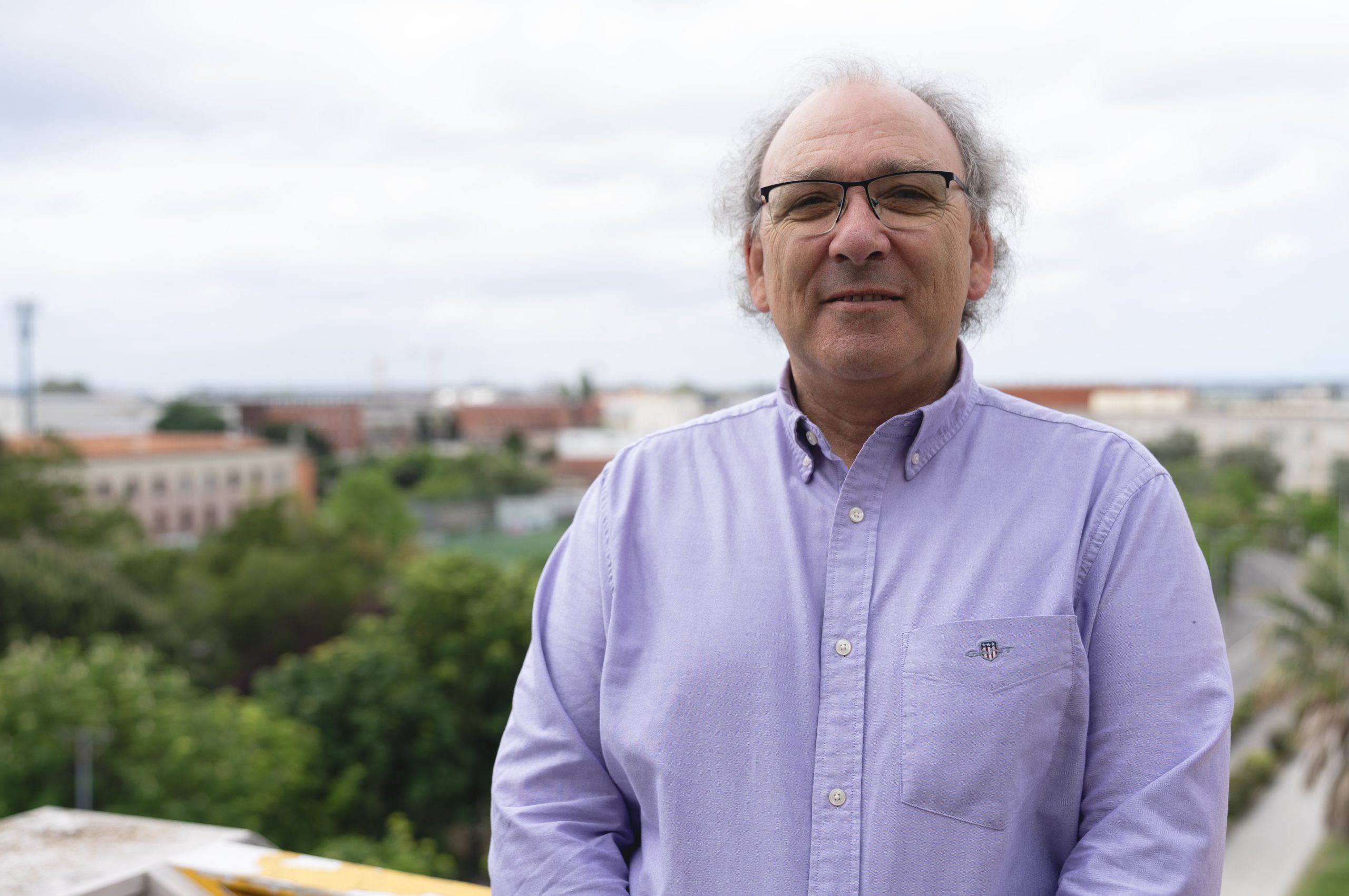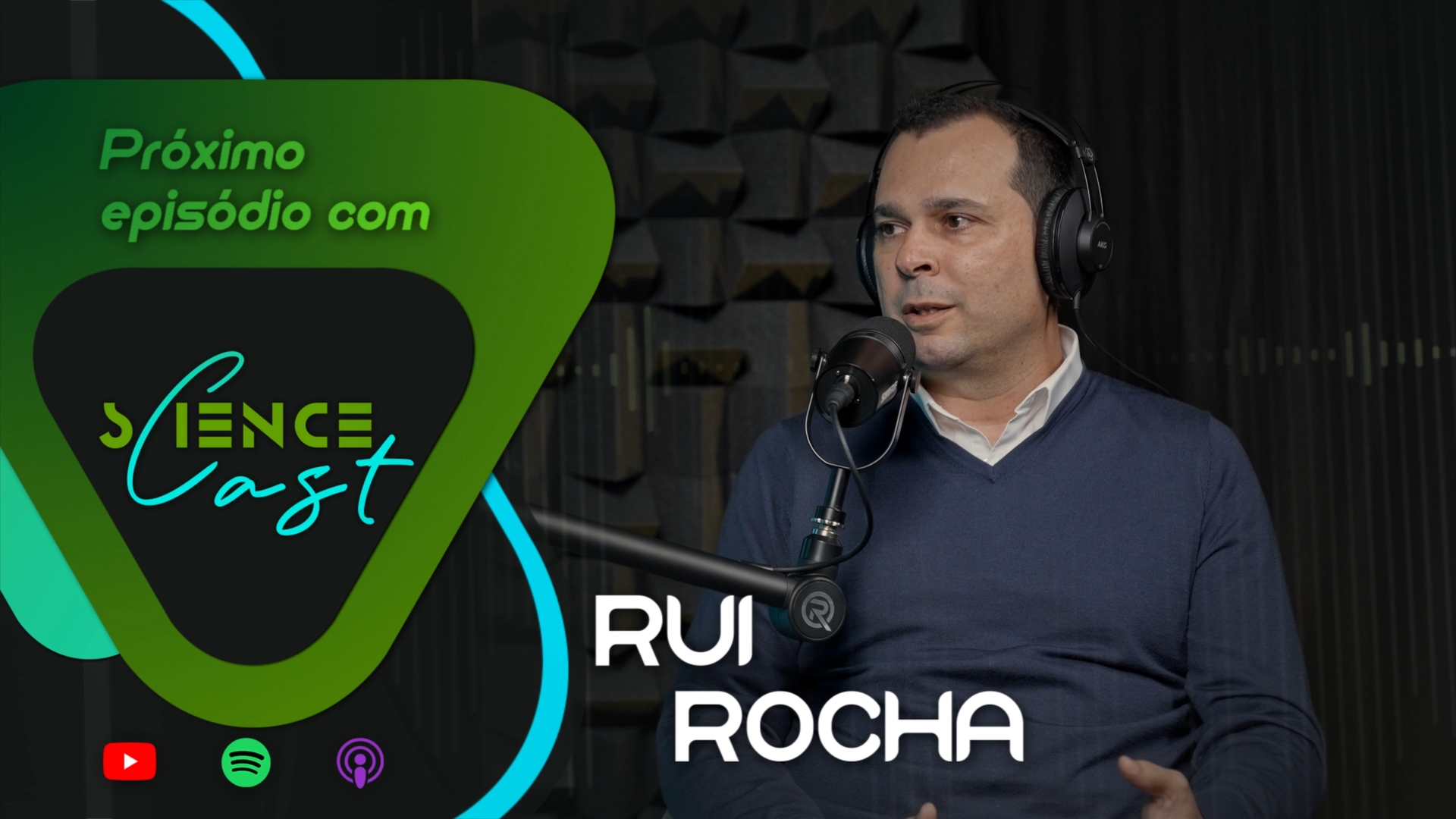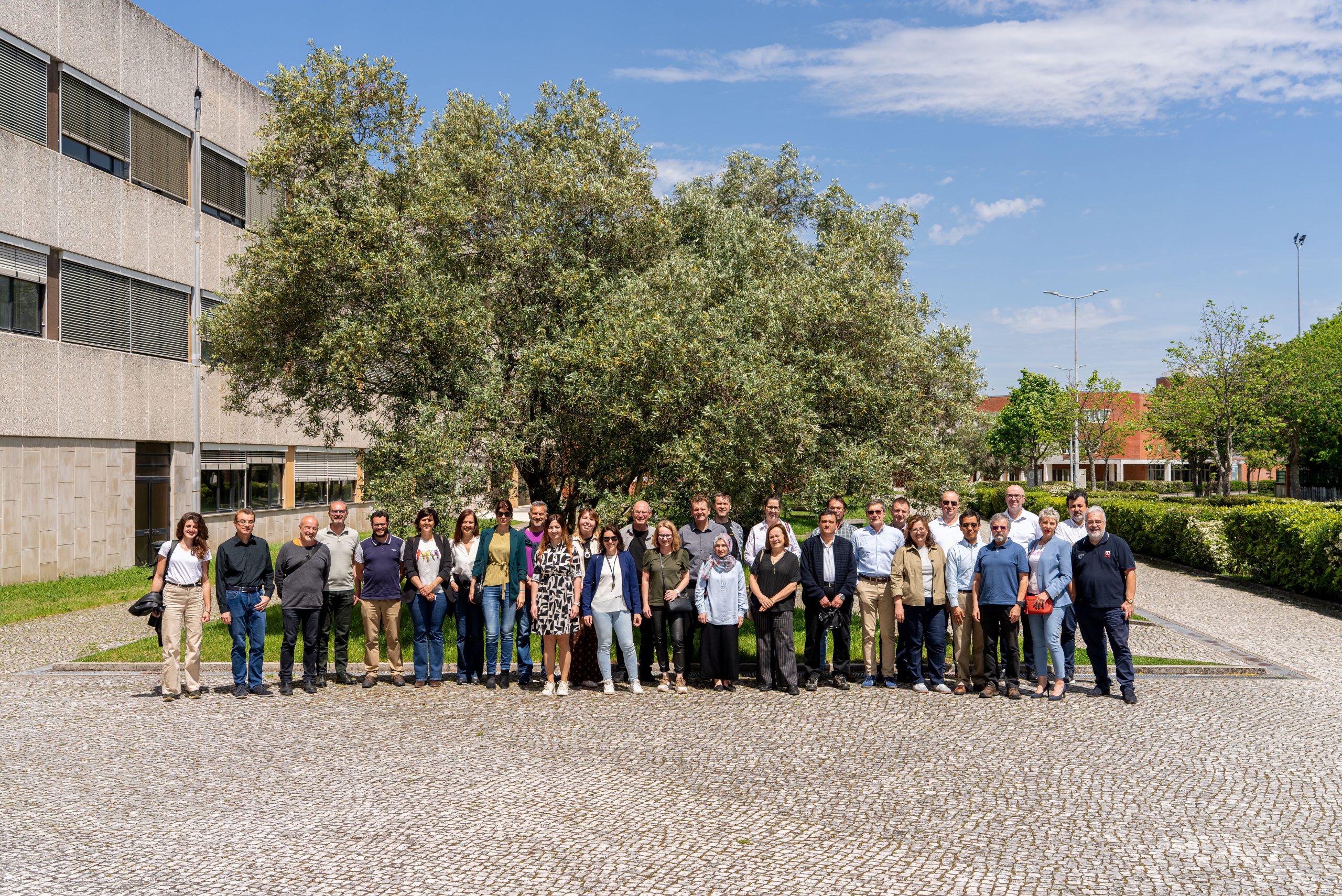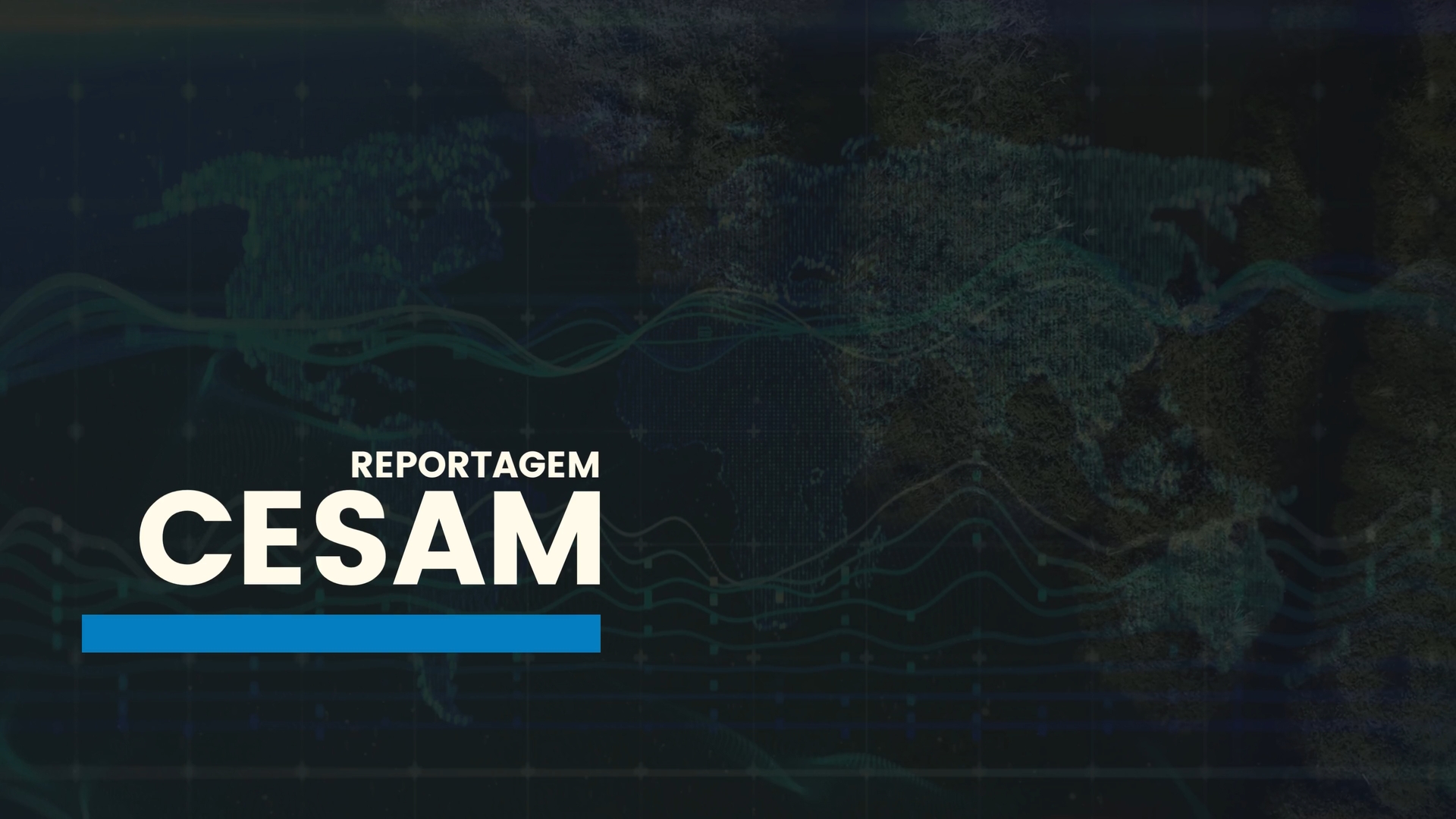Susana Loureiro, researcher at CESAM and lecturer at the Department of Biology (DBIO) of the University of Aveiro, was this week’s special guest on ScienceCast, a podcast by Playsolutions Audiovisual dedicated to science communication, with CESAM as an institutional partner. The discussion focused on Ecotoxicology and Ecological Risk Assessment — fields in which she has developed nationally and internationally recognized research.
Her work focuses on analysing the effects of chemical contaminants — such as pesticides, heavy metals, microplastics, and nanomaterials — on non-target organisms inhabiting terrestrial and aquatic ecosystems. Through bioassays and biomarkers, she has contributed to understanding the impacts of these substances at multiple levels of biological organisation, from the cellular level to populations and ecosystems.
The episode explored the challenges of conducting ecological risk assessments in real-world environments, where multiple pollutants and environmental variables interact in complex ways. In this context, the relevance of using organisms such as earthworms, microinvertebrates, and plants as bioindicators was highlighted, enabling ecotoxicological testing that more accurately reflects natural conditions.
The conversation also included a critical reflection on the limitations of current regulatory methods, advocating for the integration of ecological data, field studies, and new environmental monitoring tools into decision-making processes. Nature-based strategies, such as the use of wetlands to mitigate diffuse pollution, were also discussed.
This participation in ScienceCast reinforces CESAM’s commitment to promoting scientific literacy and knowledge transfer to society, at a time when environmental challenges demand informed, rigorous, and sustainable responses. The episode illustrates how applied research can support the development of more effective public policies, tailored to emerging risks from chemical pollution.
Watch the full interview here: ScienceCast – Susana Loureiro
